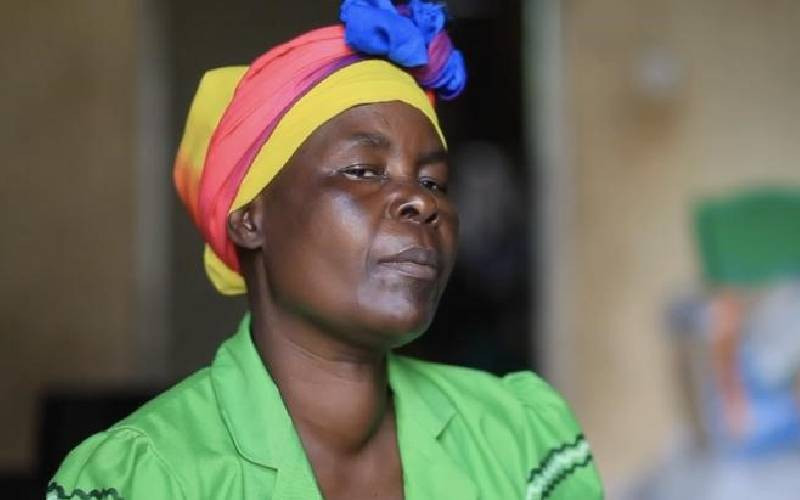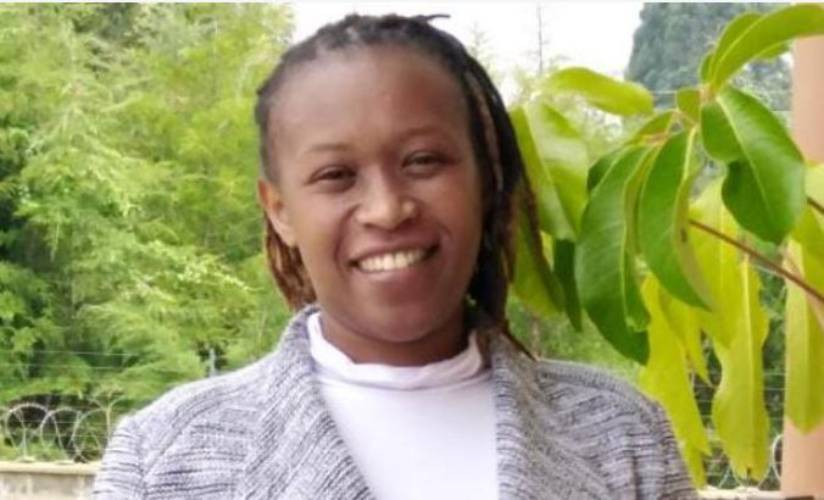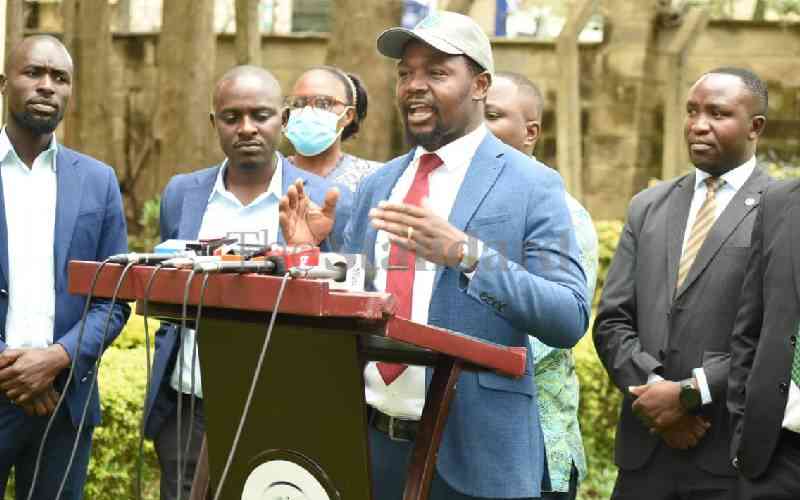England: Having heartburn most days for three weeks or more can be a sign of cancer, according to a health campaign.
A national Be Clear on Cancer campaign launch coincides with results of a new survey commissioned by Public Health England, which reveals only one in two people (55%) would visit their doctor if they had heartburn most days for three weeks or more.
Having the complaint this often can be a sign of oesophageal or stomach cancer, the campaign warns.
Early diagnosis of oesophageal or stomach cancer - also known as oesophago-gastric cancers - is crucial and means treatment is more likely to be successful.
Around 67% of people diagnosed with oesophago-gastric cancers at the earliest stage survive for at least five years, but this figure drops to around 3% for those diagnosed at a late stage.
The survey of 1,046 people found 59% of respondents did not know that heartburn could be a sign of cancer, with just 15% saying they were certain that it is a symptom.
Another symptom highlighted by the campaign is a difficulty swallowing food. The survey found that 70% did not know food sticking in the throat could be a sign of cancer, and just 13% of those surveyed were sure it is a symptom.
Latest figures released by Public Health England show that around 12,900 people in England are diagnosed with oesophago-gastric cancers each year, with approximately 10,200 people dying from these diseases annually. This equates to 28 people dying from either oesophageal or stomach cancer every day.
Oesophago-gastric cancers are the fourth and fifth most common cause of cancer death in men and women respectively.
It has been estimated that around 950 lives could be saved in England each year if survival rates for oesophago-gastric cancers matched the best in Europe.
The UK, with the Netherlands, has the joint highest incidence rate of oesophageal cancer in males in the European Union and the highest incidence rate of oesophageal cancer in females in the European Union.
Of those diagnosed with oesophago-gastric cancers, more than nine out of 10 people are over the age of 50, making this the target age group for the campaign.
Professor Kevin Fenton, national director of health and wellbeing at Public Health England, said: "If we're to improve early diagnosis rates, we need to encourage people with symptoms to go to their doctor, which is what this latest Be Clear on Cancer campaign aims to do."
 The Standard Group Plc is a
multi-media organization with investments in media platforms spanning newspaper
print operations, television, radio broadcasting, digital and online services. The
Standard Group is recognized as a leading multi-media house in Kenya with a key
influence in matters of national and international interest.
The Standard Group Plc is a
multi-media organization with investments in media platforms spanning newspaper
print operations, television, radio broadcasting, digital and online services. The
Standard Group is recognized as a leading multi-media house in Kenya with a key
influence in matters of national and international interest.
 The Standard Group Plc is a
multi-media organization with investments in media platforms spanning newspaper
print operations, television, radio broadcasting, digital and online services. The
Standard Group is recognized as a leading multi-media house in Kenya with a key
influence in matters of national and international interest.
The Standard Group Plc is a
multi-media organization with investments in media platforms spanning newspaper
print operations, television, radio broadcasting, digital and online services. The
Standard Group is recognized as a leading multi-media house in Kenya with a key
influence in matters of national and international interest.







